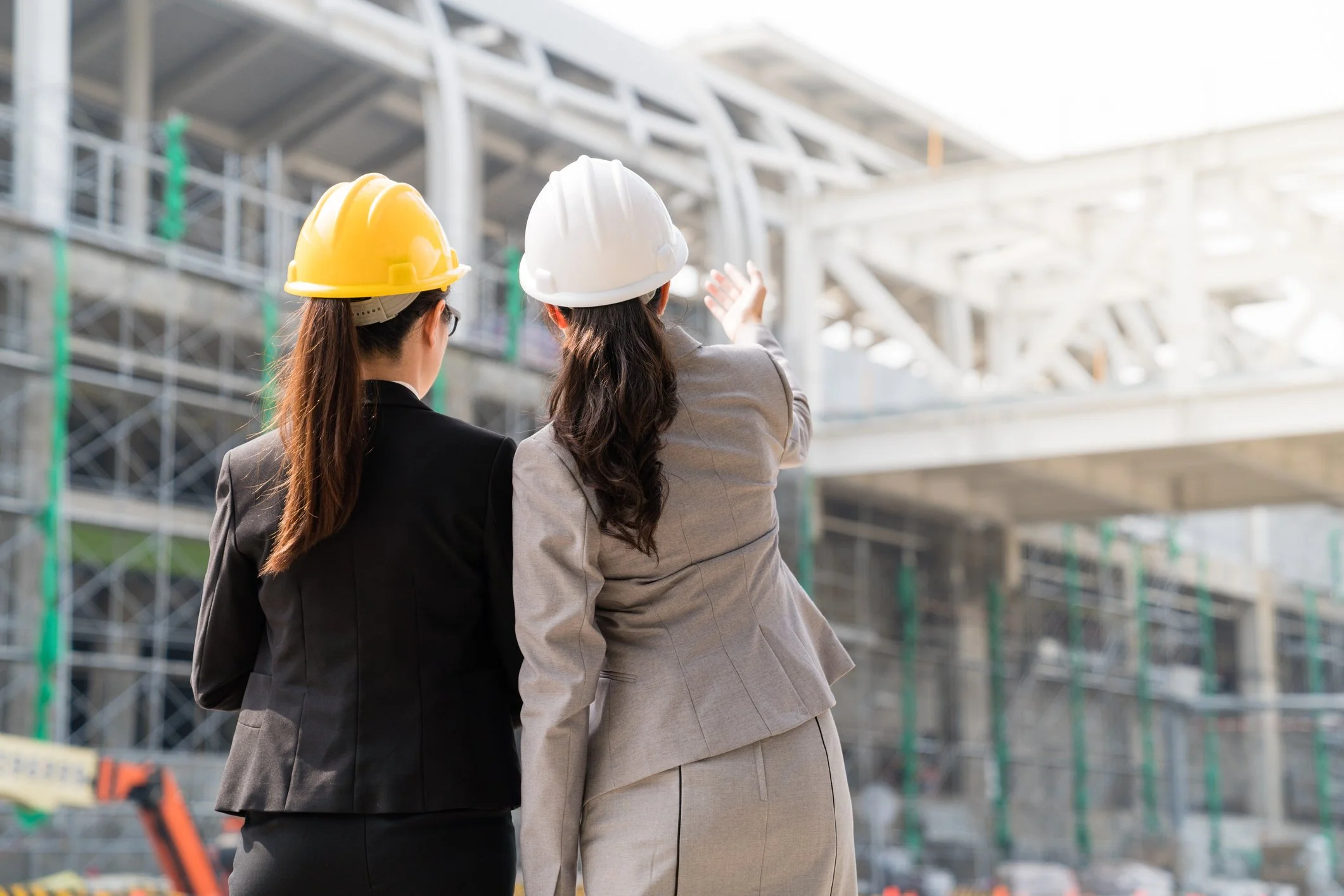Ready to Build, Renovate, or Optimize Your Lab? Gain Key Insights at the Lab Design Conference
Working in a lab often means recognizing when it’s time for a change—whether that involves building a brand-new facility, undertaking a major renovation, or implementing smaller, cost-effective optimizations. If your research is being hindered by outdated infrastructure or your staff's comfort and productivity are compromised, it may be time to assess your lab’s current state.
Embarking on a new lab design or build project can feel daunting, no matter how much experience you have. Equipping yourself with the right knowledge is key to making confident decisions and guiding your team to a successful outcome. The Lab Design Conference, happening May 11-14 in Denver, Colorado, provides the tools and insights you need to ensure you’re making the best choices for your project.
This event provides a welcoming and relaxed atmosphere for everyone involved in lab design, construction, and renovation—whether you're directly managing the project or an end user. No matter your experience level, you'll find valuable insights. The networking and social sessions offer a casual setting to connect with a diverse group of professionals, including architects, engineers, vendors, and suppliers, helping you find lots of resources in one place so you can build lasting relationships for your project. Learn from lab leaders as they share lessons from their successful projects, and engage in thoughtful Q&A discussions with each speaker. Special add-ons include interactive workshops and the chance to tour some of Denver's most innovative labs, showcasing the latest in design strategies and technology.
Here are just a few sessions from the Lab Design Conference that can help you determine whether it's time for a new lab, a major renovation, or smaller updates to your existing space. Register today to secure your spot!
Wait, This Isn't What We Asked For: Lessons Learned from an End User's Perspective
This session offers insights from Dwayne Henry, lab manager at Montgomery College-Takoma Park/Silver Spring Campus, on navigating the challenges and successes of lab design, renovation, and construction projects. Drawing on his experience with the Leggett Science Building, he highlights communication strategies, role clarity, and techniques for addressing common issues such as delays, procurement hurdles, and stakeholder satisfaction. Ideal for lab managers, architects, and project teams, this presentation aims to enhance collaboration and ensure project success.
This session focuses on future-proofing laboratories by incorporating features and capacities that support a wide range of research programs, ensuring long-term usability without frequent renovations. Steven Breslin of the NIH shares strategies for designing flexible, efficient labs that address both immediate and future needs, considering aspects like performance standards, planning geometry, equipment, and services. The session highlights how thoughtful design can align with institutional priorities and provide lasting benefits.
The ABCs of CBA: Choosing By Advantages for Lab Design
Ellen Spell and Megan Coffland of BNBuilders explore how the Choosing By Advantages (CBA) methodology helps lab design teams and owner-user groups navigate trade-offs and define best-value solutions early in the design process. Emphasizing the importance of incorporating feedback from owners and user teams, speakers will demonstrate how an adapted CBA tool guides discussions, analyzes factors, and supports confident decision-making. A real-world example will highlight how this approach was used with an owner team to align design options with long-term goals, ensuring both immediate functionality and future adaptability.
Measuring for Scientific Impact: Metrics that Impact Laboratory Design
This session from Regal Leftwich of CannonDesign focuses on the importance of key metrics in laboratory design, emphasizing how benchmarking, budget considerations, efficiency, and collaboration contribute to maximizing scientific outcomes. Attendees will learn practical methods for evaluating these metrics, making informed design decisions, and understanding their impact on costs and research activities. Real-world examples will demonstrate how benchmarking data and post-occupancy evaluations can guide design choices and improve long-term research success.
Lessons Learned in Relocating Complex Lab Projects
Lab managers and users will learn how to avoid common pitfalls in lab relocation and activation by emphasizing the importance of involving transition and activation project managers early in the design process. Danielle Benford and Chris Orlando of VOC Associates will outline how early identification of design issues can prevent costly inefficiencies and enhance lab workflow and safety. Through real-world examples and interactive discussions, lab managers will gain insights into optimizing equipment placement, storage needs, and compliance with safety standards for a smoother transition.
The Divergent Lab as a Catalyst for Change and Growth
This session highlights the development of Michigan Technological University’s H-STEM building, showcasing how its Divergent Lab concept fosters interdisciplinary collaboration and adaptability in lab design. Lab managers and users will learn how the integrated design approach supports dynamic, future-proof research spaces that evolve with shifting scientific needs. Through real-world insights, attendees will gain valuable lessons on creating flexible, sustainable environments that enhance collaboration and overcome challenges like cost increases and supply chain disruptions. The speaking panel includes Marilee Lloyd and Chris Vogelheim of HED, Caryn Heldt of Michigan Technological University, and Tim VanAntewrp of Granger Construction.
Roundtable: Designing Labs for People: A User-Centered Approach to Laboratory Spaces
Ardis Clinton of Scientia Architects will lead an interactive roundtable that will help lab managers and users understand the principles of user-centered design, focusing on creating lab spaces that prioritize safety, comfort, and workflow efficiency. Through case studies and hands-on activities, attendees will learn strategies to improve productivity, reduce errors, and collaborate effectively with designers. Participants will leave with practical tools to implement user-centered design in their own labs, ensuring adaptable spaces that meet the evolving needs of the scientific community.
Register for the 2025 Lab Design Conference today to discover how to make more informed financial decisions for your lab build or renovation, enhance your project management skills, and gain a deeper understanding of the roles and interactions of everyone involved in a lab project.
We look forward to seeing you in Denver!

